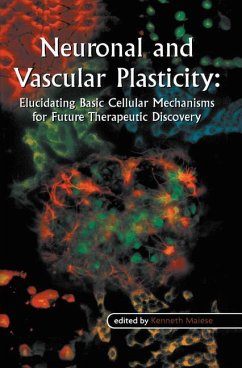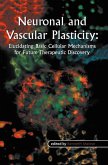Galen in the 2nd century AD could be considered one of the earliest researchers who attempted to bridge the gap between basic science and clinical medicine. Galen is given initial credit for the recognition that vital organs of the body are exquisitely dependent upon the intact function of the circulatory system. The doctrines of Galenic physiology stated that blood was produced in the liver, flowed to the heart to obtain "vital spirits", and subsequently bathed the brain to gain "animal spirits". The "vital spirits" described by Galen were later disclosed to consist of oxygen. Oxygen was discovered independently by Schiele in Sweden and by Priestly in England. It was named oxygen (acid-former) by Antoine Lavoisier (1743-1794) of France. Lavoisier made significant medical discoveries concerning oxygen's role in respiration. In animal experiments, Lavoisier and others discovered that anoxia could rapidly lead to death. The initial work by these investigators helped provide direction for modern clinical science and the treatment of disease, especially concerning disorders of the nervous system. Remarkably, our understanding of human disease continues to grow at an exponential rate. At times, the accumulation of knowledge of the cellular components of clinical disease exceeds all prior expectations held just a few years ago, such as evidenced by the recent cloning of the human and mouse genomes. Despite theses advances, both biomedical scientists and clinicians sometimes are at a loss to recognize the crucial link between basic science discovery and the development of therapeutic regiments for clinical disease.
Hinweis: Dieser Artikel kann nur an eine deutsche Lieferadresse ausgeliefert werden.
Hinweis: Dieser Artikel kann nur an eine deutsche Lieferadresse ausgeliefert werden.








